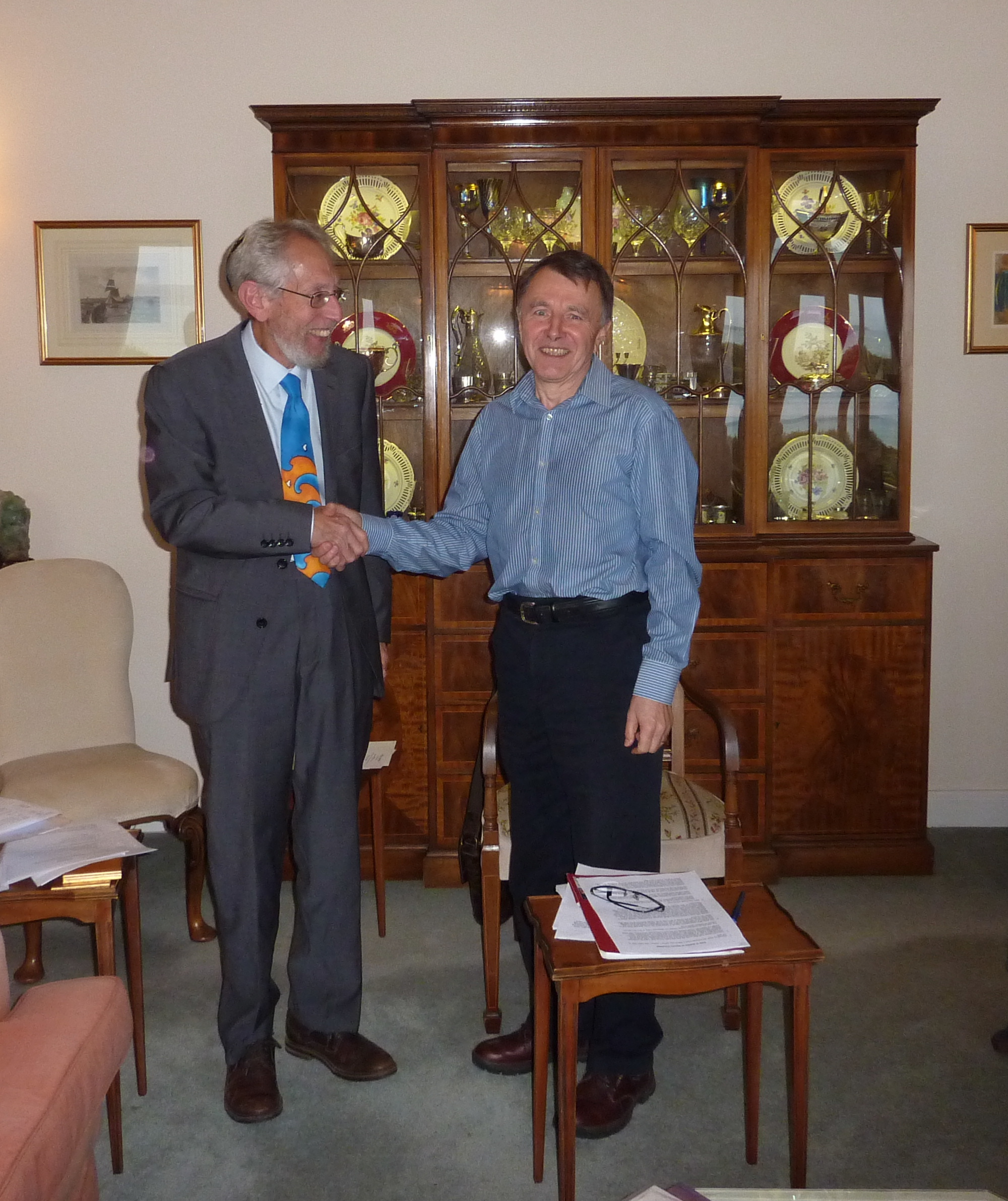WEEK ENDING 3rd DECEMBER 2016
The weather is not normally a topic of conversation here in Israel. Occasionally when there is a Sharav, the hot dry wind that blows from the desert which is also called a Hamsin, the conversation can become almost English. People exchange predictions of how hot dry and uncomfortable it’s going to be.
What we have not been complaining about recently has been the lack of rain, and the fact that the weather now is mild and pleasant although it recently dropped to a somewhat chilly 18°!
However the events of last week have put all that into perspective. The country has been unbelievably dry for months, and although major water shortages seem to be a thing of the past, and we are almost self-sufficient in water, sometimes nature overwhelms us.
Dry conditions coupled with a strong wind caused a major outbreak of fires throughout the country. Firefighting aircraft were sent to Israel from Greece, Turkey, Cyprus, Croatia, Russia and the USA. Large areas of Haifa had to be evacuated and about 60,000 people removed from their homes. Other areas were very badly hit. Hundreds of homes have been destroyed.
Netanya seems to have escaped the worst, but a village inland from the city was subject to a large fire. On Shabbat one could see aircraft landing in the sea to take on water and then flying inland to douse the flames. The PA sent 8 firetrucks and 40 men to assist in the fires near Haifa, and they also fought fires in the West Bank settlement of Halamish.
Members of the public right across the religious and political spectrum have opened their houses to the homeless. Residents of the Arab village of Kfar Yassif circulated all Israelis offering them accommodation.
In Haifa, Arabs risked their lives to save Jews and vice versa. Firemen from Ramallah doused blazes in West Bank settlements. The fire has brought a renewed spirit of mutual respect and toleration which hopefully will survive the end of the flames.
And most miraculously, there was no loss of life.

